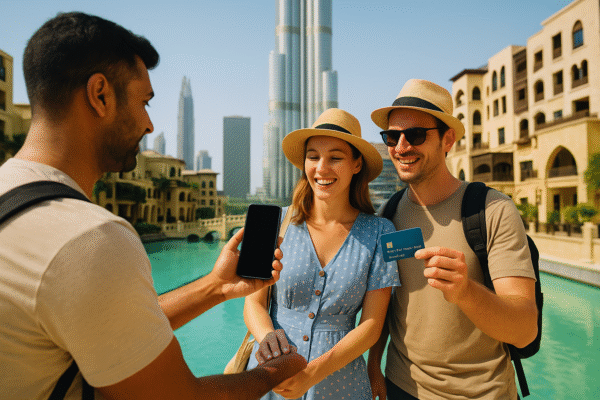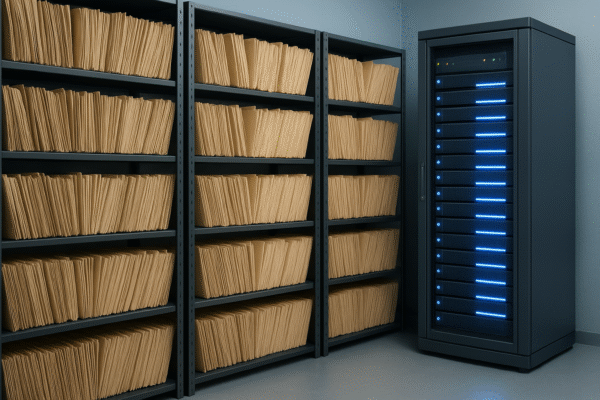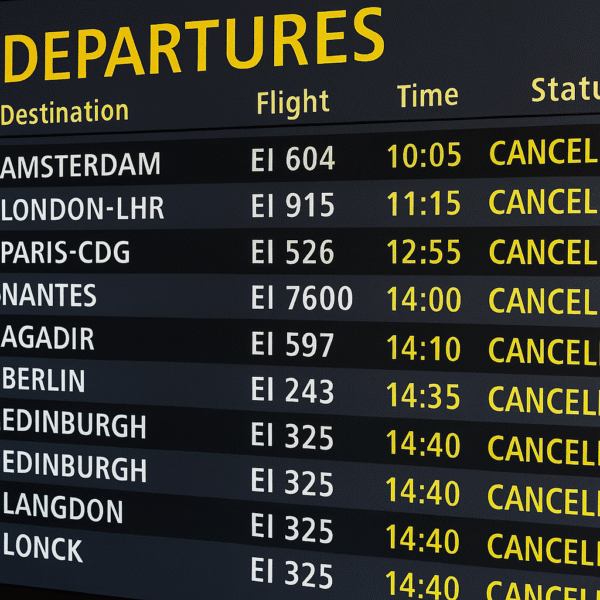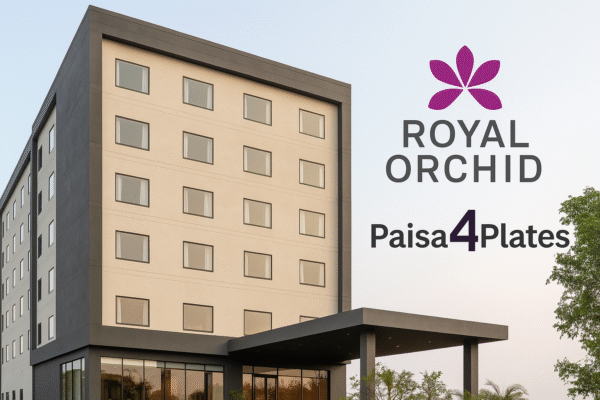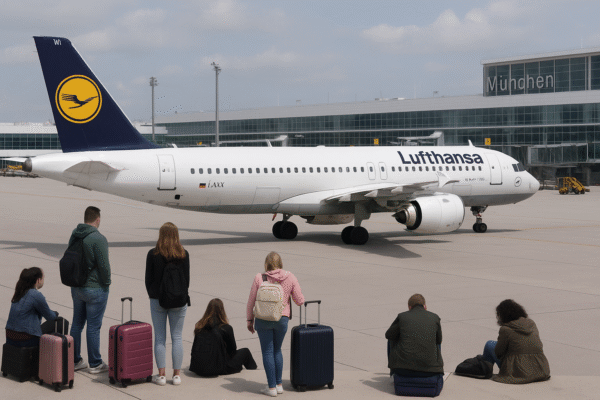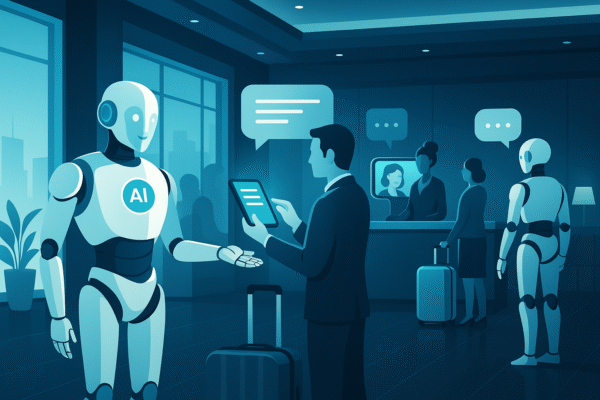Artificial intelligence continues to reshape global industries, and hospitality stands at a critical crossroad. Hotels, travel firms, and tech providers must decide between proprietary systems and open standards that allow collaboration.
Proprietary AI tools dominate the current landscape. Yet, many industry voices now highlight the risks of closed systems and limited integration. The emergence of the Model Context Protocol (MCP) intensifies this debate. MCP offers a potential path to more inclusive and collaborative growth across the sector.
Proprietary AI: Strengths and Weaknesses
Large hotel brands like Hilton, Marriott, and Expedia invest heavily in custom AI tools. These proprietary systems provide control, exclusivity, and competitive advantage.
The attraction is clear. Companies can tailor technology to unique business needs while protecting data and customer insights. These tools also allow full control of deployment strategies.
However, this model builds digital silos. Proprietary tools rarely connect smoothly with outside systems, limiting cross-platform communication. Smaller hotels and startups struggle to match the resources of industry giants.
Fragmentation creates inefficiency and slows wider innovation. The industry risks long-term stagnation if walled gardens dominate the AI ecosystem.
Open Standards: Collaboration Over Isolation
Advocates for open standards argue that shared frameworks can accelerate growth. Standards like MCP support interoperability between systems, creating a unified ecosystem.
Experts stress that AI should reflect input from staff, managers, and independent hoteliers—not only global brands and executives. Open protocols allow technology to evolve based on real-world feedback.
By encouraging collaboration, open standards democratize access to advanced tools. Smaller businesses can adopt AI innovations without prohibitive costs.
Flexibility and Innovation Through Openness
Open standards bring flexibility to a fast-moving industry. They allow companies to upgrade systems continuously and add new features quickly.
Tristan Gadsby of Alliants highlights how shared platforms encourage creativity. Hotels and vendors can build solutions together instead of competing in isolation.
With open AI, businesses can integrate services across multiple systems. This connectivity drives efficiency, reduces costs, and creates more consistent guest experiences.
Understanding the Model Context Protocol (MCP)
MCP introduces a common language for AI systems. It enables chatbots, recommendation engines, and virtual assistants to exchange information seamlessly.
Industry analysts compare proprietary systems to isolated versions of the internet. Without shared standards, progress stalls. MCP avoids this problem by building a bridge between platforms.
This shared framework allows companies to focus less on infrastructure and more on enhancing guest experiences. By enabling cooperation, MCP helps innovation flourish across hospitality.
Leveling the Field for Small Hotels
Open standards carry special value for independent hotels and startups. Proprietary AI is often too expensive for smaller operators.
MCP lowers barriers by providing access to tools once reserved for large corporations. Smaller hotels can offer modern services without heavy investment.
Markus Mueller of GauVendi stresses that AI should connect systems, not divide them. Open standards ensure equal opportunities for businesses of all sizes.
This inclusive approach strengthens the entire hospitality sector by broadening access to technology.
Breaking Down Fragmentation
The hospitality industry has long suffered from disconnected systems. Data silos slow operations and reduce efficiency. Proprietary AI risks deepening this problem.
Uli Pillau of Apaleo points out that existing weaknesses become more visible with AI adoption. Without integration, innovation stalls, and customer experiences suffer.
Open standards dismantle silos. They allow smoother data exchange, real-time communication, and adaptable guest services. Binu Mathews of IDS Next emphasizes that transformation depends on seamless connectivity.
Guest Experience as the Ultimate Goal
AI in hospitality must focus on enhancing the guest journey. From booking to check-out, technology should feel seamless and personal.
Proprietary tools may improve one stage but fail to integrate across the guest lifecycle. Open standards ensure continuity from one touchpoint to another.
MCP helps create personalized experiences by connecting data across platforms. Hotels can anticipate guest needs, recommend services, and deliver consistent value.
The Case for Collaboration
The hospitality sector thrives on partnerships. Tourism boards, airlines, and hotels already work together. AI must follow the same path.
Adopting MCP allows technology providers, hoteliers, and startups to share a common foundation. This reduces duplication and speeds up innovation.
By moving beyond isolated systems, hospitality can focus on delivering memorable stays. Collaboration ensures every player contributes to shaping the industry’s digital future.
Looking Ahead
The debate between proprietary systems and open standards will define hospitality’s next decade. Proprietary tools offer short-term control. Open standards promise long-term inclusivity and innovation.
Adopting MCP could mark a decisive moment. It provides the framework for a more connected, efficient, and accessible future.
Hotels that embrace openness will likely lead the industry in guest satisfaction and operational agility. Those clinging to closed systems risk falling behind.
Conclusion
Hospitality stands at a technological crossroad. Proprietary AI tools deliver control but risk fragmentation. Open standards like MCP encourage innovation, flexibility, and inclusivity.
By adopting open protocols, the industry can ensure AI enhances experiences for all hotels—large and small. The guest journey becomes smoother, data flows freely, and innovation accelerates.
The future of hospitality AI will depend on collaboration, not isolation. MCP may be the standard that ensures technology drives growth for the entire industry.
For more travel news like this, keep reading Global Travel Wire

